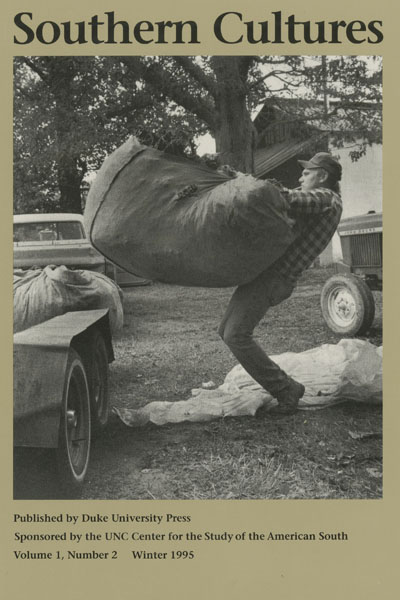University of Tennessee Press, 1993.
Sociologists of religion have expended considerable effort in recent years trying to explain the rise of conservative evangelicalism in America since the late 1970s. Perhaps the only people not surprised by the political and social resurgence of right-wing Protestant believers are the conservatives themselves. Others, including scholars, secular bystanders, and particularly theological and social liberals within the Protestant denominations, continue to express dismay over the resurgent popularity of values and beliefs presumed to be outdated in the modern world. Many academics—having self-confidently forecast in the 1960s the demise of doctrines of biblical inerrancy, ideological intolerance, and other conservative religious views associated with the fundamentalist movement of the early twentieth century—have been simultaneously fascinated and baffled by the unexpected rum toward conservatism.


